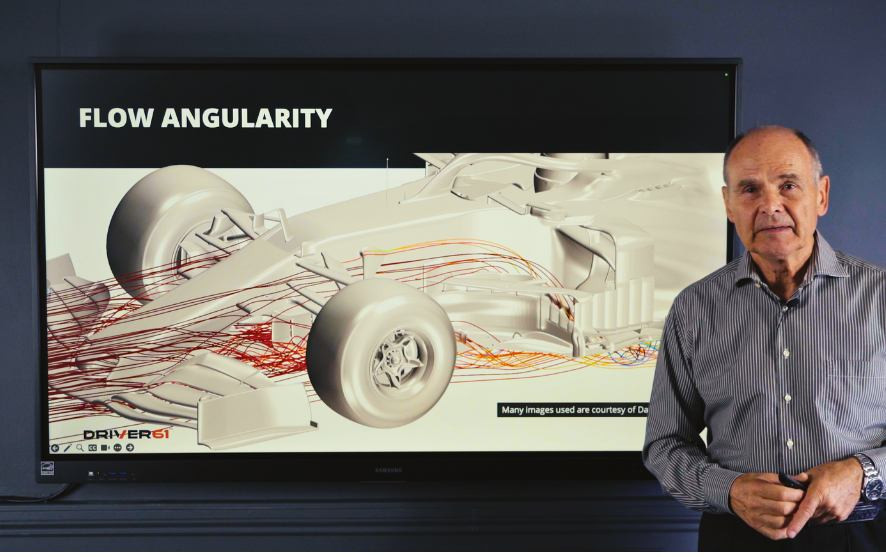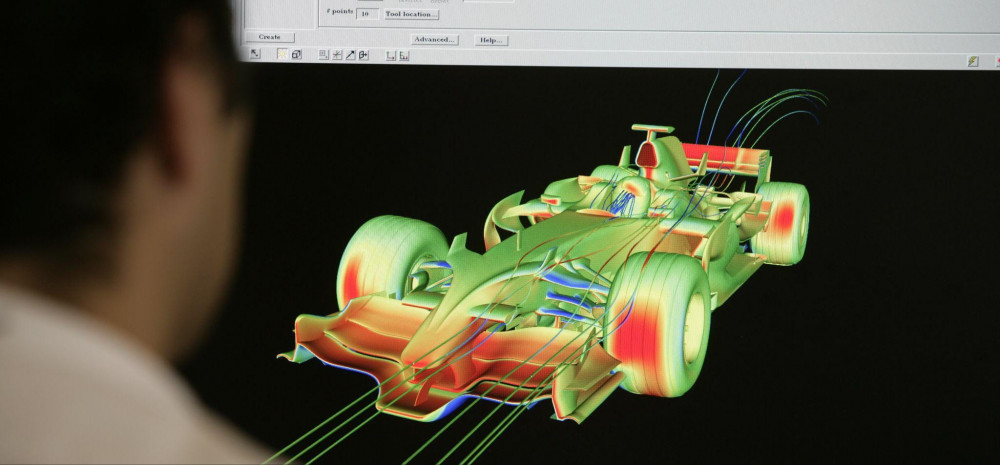In Formula 1, the race for supremacy isn't just fought on the track. Behind the scenes, teams are engaged in an intense battle for sponsorship revenue.
As we delve into the 2024 season, let's explore how the top teams use their partnerships to maintain a viable and competitive racing organisation.

The Importance of Sponsorship: More Than Just Logos
Technical partners and sponsors are the lifeblood of F1 teams, providing not just financial support but also technical assistance and operational efficiency.
Petronas and Mercedes are a very good example of this; the fuel manufacturer is heavily involved with the engine designers to maximise power (and efficiency) at the ignition point.
"With these really important partnerships like Komatsu, it is much more than the stickers on the car; it is making sure that we really bring great value to the partnership,"
Williams' chief HR officer Ann Perrins recently told Autosport.
This sentiment echoes across the paddock, with teams increasingly seeking partners who will contribute to their performance both on and off the track.
The Financial Puzzle: Navigating the Cost Cap
With the F1 team cost cap set at $135 million for 2024, teams are having to be increasingly creative with their sponsorship and accounting strategies.
While exact figures are closely guarded secrets, we can make some educated guesses based on available data and industry trends.

Let's look at the 'top teams':
1. Ferrari: With 38 partners in 2024, Ferrari leads the pack in sponsorship revenue. While we don't have current figures, their 2022 deal with Shell alone was worth an estimated €25 million annually.
Extrapolating from this, and considering their prestigious brand, Ferrari's total sponsorship income could potentially reach €200-250 million per year.
Notable Ferrari sponsors (using pre-2022 era data)
H&H: €129.8 million
Shell: €29 million (€25 million + €4 million for partners)
UPS: €28.5 million (€25 million + €3.5 million for partners)

2. Red Bull:
With Oracle as their title sponsor (a deal rumoured to be worth $100 million annually), and 37 partners in total, Red Bull's sponsorship revenue is likely in the same ballpark as Ferrari's.
Their innovative partnerships, like an expanded deal with AT&T, suggest they're maximizing both financial and technological benefits with a focus on revenues from US-owned companies.

3. Mercedes:
Despite having fewer partners (25) than some rivals, Mercedes boasts high-value relationships. Their title partnership with Petronas was worth an estimated €59 million in 2022.
Factoring in other major partners like INEOS, their total sponsorship revenue could be in the €150-200 million range.
Notable Mercedes sponsors:
Petronas: €59 million (€57 million + €2 million for partners)
UBS: €9.5 million (€7 million + €2.5 million for partners)
Qualcomm Snapdragon: €9 million (€3.5 million + €5.5 million for partners)

4. McLaren:
With an impressive 53 partners in 2024, McLaren has diversified its sponsorship portfolio significantly. While individual deal values might be lower, the cumulative effect could put them in a similar financial bracket to Mercedes.
Notable Mclaren sponsors:
Dell Technologies: €12.3 million (€5 million + €7.3 million for partners)
SAP: €10.9 million (€4.5 million + €6.4 million for partners)
The Art of Commercial Management: Architects of Success
In this complex sponsorship landscape, commercial and sponsorship managers have become key players in sponsor onboarding and relationship management. The roles extend beyond negotiating deals; for example:
• Aligning partnerships with team ethos and performance goals
• Maximising value from each relationship, both financially and technologically
• Navigating the intricacies of the cost cap to ensure compliance while optimising resources
• Creating innovative activation strategies to deliver value to partners
As one team principal (who preferred to remain anonymous) put it,
"Our commercial team isn't just bringing in money; they're bringing in performance. In today's F1, a smart partnership can be worth more than an extra tenth on the car."
Looking Ahead: The Future of F1 Sponsorships
As we look towards the future, several trends are emerging:
1. Technical Partnerships:
Expect to see more deals like Mercedes' collaboration with AMD, where partners directly contribute to car performance. Toyota has just announced a technical partnership with Haas, which will inevitably allow Haas access to Toyota’s wind tunnel facilities.
2. Sustainability Focus:
With F1's push towards sustainability, partnerships that enhance a team's green credentials will become increasingly valuable.
3. Digital Activation:
As the sport's digital presence grows, partnerships that can leverage this space will be highly prized – this is why we see growing demand for content creators and brand-centric social media talent in our job listings.
4. Motorsport (F1 specific) accounting:
With the cost cap so stringently monitored, a new set of regulations to interpret has emerged over the past few years. This requires a very special level of insight, not just into the day to day financial control of a company, but one where evolving rules dictate accounting mechanisms and the corporate framework via which costs and revenue are realised. As cost cap regulations continue to progress, there’s no doubt the finance and legal teams at major teams will grow exponentially.
5. Long-term Commitments:
With the cost cap in place, we're likely to see more multi-year deals as teams seek stability and partners look for prolonged exposure.
While exact, recent season figures always remain shrouded in secrecy, it's clear that sponsorship in F1 is what keeps the circus on the road. As teams push the boundaries of technology on the track, their commercial departments are equally innovative off it.
This is why, as a job seeker, don’t be disheartened if your primary skill is outside of engineering. Motorsport organisations are complex machines with support needed in finance and accounting, legal, HR, content creation and marketing; more so now than ever thanks to sponsor backing




